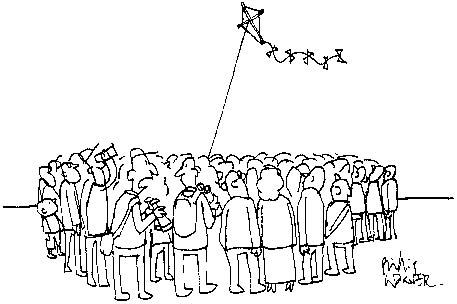Gstaad
One thing is certain, perception and reality sure are different, and we have the not-so-new peekaboo journalism of Rupert Murdoch to thank for it. The internet, of course, is the wild west of the Fourth Estate, but, thank God, I don’t know how to read it and even if I knew I wouldn’t. It is a dark new world. Slander for money, although no one really gets paid. Blogging, reading politically racy websites, texting by cellphone, it’s all Latin to the poor little Greek boy.
What it is is satisfying to the masses. Everyone now feels like a journalist, a profession that my father warned me against and even Charles Moore once admitted to me was one notch above that of child molester. (He was kidding, but not too much.) But there’s a problem. Hundreds of thousands if not millions of new bloggers the world over are playing at being hacks, yet have not managed to trigger the slightest change in the way the world is run. Especially in Arab and Third World countries. Two lady friends of mine, Arianna Huffington and Tina Brown, run two very successful websites, Huffingtonpost.com and Thedailybeast.com, reputed to be worth millions upon millions, yet I’m not sure anyone will pay, say, one million for either of them. It’s all still up in the air, as they say, and I include the greatest website of them all, Takimag.com, run by my own sweet little daughter, Lolly.
Now everyone feels they can have their say. If they’re not glued to their cellphones talking rubbish, they’re pounding away on their blogs, frenetically trying to have their opinions read by anyone, everyone, as long as their voices are heard, read, posted. BlackBerrys, Kindles, iPods, everyone is opining about everything, but I’m content to read my Speccie, my Telegraph, my Chronicle, my books, a couple of tabloids, Arnaud de Borchgrave and John Burns in the New York Times. What else does a man need? Perhaps Rebecca Hall, the deputy editor of The Spectator and Keira Knightley, but that’s altogether different.
Forty years ago this week, during the Palestinian uprising in Jordan against King Hussein, I was approached by Geneviève Chauvel, a famous French beauty and photographer, to take a letter to the besieged King as I was driving down to Amman from Beirut with two Paris Match buddies. The telephone and telex lines had been cut, there was obviously no internet, so I became Mercury, the god to deliver her all-important letter to his majesty. (I think the epistle was quite pornographic, or so she told me.) But later rather than sooner we got picked up by a PLO company of fighters north of Amman. I was sure it was curtains because of what I had in my pocket and said so to my friends before we were told to shut up by our keeper. But the Greek boy is a survivor. Slowly and very discreetly I chewed and swallowed the letter, a second before an officer came into the room and told us we were free to go. Yet another opportunity to score an exclusive gone down the you- know-what.
And speaking of Arabian adventures, during the first week of school in a Paris banlieue, a teacher reads out the names. Mustapha El Ekhzeri? Present. Achmed El Cabul? Present. Kadir Sel Ohlmi? Present. Mohammed Endahrha? Present. Ala In Ben Oit? Silence. He repeats, Ala In Ben Oit? No one in class answers. For the last time, says the teacher, Ala In Ben Oit? Suddenly a boy from the back of the class stands up and tells the prof, ‘It’s me, but my name is pronounced Alain Benoit.’ It’s not one of my best but I got it sent to me via, yes, you guessed it, the dreaded internet. Apparently, it is very popular with the French whose schools have been overrun by North Africans, but one can apply it to most European countries — except for Greece, where the Albanians register with Greek names picked out of two old books written by a blind old crazy man with a harp. Go figure, as they say in Ithaca.







Comments